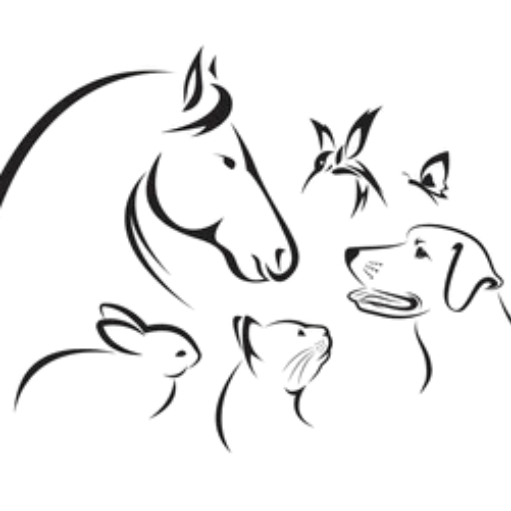In the enigmatic world of our beloved feline companions, the intricacies of hunger can frequently enough leave us scratching our heads. Why does our seemingly insatiable kitty perpetually crave sustenance, even after indulging in a seemingly satisfactory meal? Is this incessant appetite a cause for concern or a harmless quirk? Embark on an enlightening journey as we unravel the myriad reasons why your cat may be always hungry, deciphering when it’s time for a gentle nudge to the vet’s office.
Unraveling the Enigma: Exploring the Underlying Causes of Your Felines Ravenous Appetite
Underlying Causes
Unveiling the reasons behind your feline’s insatiable hunger can be a complex puzzle to solve. Medical conditions such as hyperthyroidism, diabetes mellitus, and infestations with intestinal parasites can trigger hormonal imbalances or nutrient malabsorption, leading to an increased appetite. Behavioral factors, including anxiety, stress, and boredom, can also drive excessive eating as a coping mechanism or out of a desire for attention. Age plays a role as well: growing kittens have higher metabolic rates and require more frequent feedings, while senior cats may experience a decline in appetite. It’s significant to consult with a veterinarian to rule out any underlying medical issues and explore potential behavioral triggers that might potentially be contributing to the feline’s ravenous appetite.
Addressing Medical Concerns: identifying and Managing Underlying Health Conditions
Addressing Medical Concerns: Identifying and Managing Underlying Health Conditions
It’s crucial to seek veterinary attention if your cat’s ravenous appetite is accompanied by other unusual signs, such as frequent vomiting, lethargy, weight loss, or diarrhea. Thes symptoms could indicate an underlying medical condition requiring prompt diagnosis and treatment.Common culprits include hyperthyroidism, diabetes, and digestive diseases. early detection and intervention are vital for managing the underlying health issue and preventing it from compromising your cat’s well-being.
Nutritional Assessment: Optimizing your Cats Diet to Quench Their Hunger
Nutritional Assessment: Optimizing Your Cats Diet to Quench Their Hunger
Once you’ve ruled out any underlying medical conditions, it’s time to take a closer look at your cat’s diet. remember, cats are obligate carnivores, meaning they require a diet primarily composed of animal-based proteins. If your cat’s food is high in carbohydrates and low in protein, it may not be satisfying their nutritional needs. Consider switching to a high-quality cat food with a minimum of 30% protein content. Additionally, avoid free-feeding and stick to regular mealtimes to prevent overeating. If your cat still seems hungry after these adjustments, consulting with a veterinarian for further nutritional guidance might potentially be necessary.
When to Seek Veterinary Attention: red Flags That Warrant Immediate Intervention
When to Seek Veterinary Attention: Red Flags That Warrant Immediate Intervention
While increased hunger in cats can be alarming, it’s important to monitor other symptoms closely. Immediate veterinary attention is warranted if your cat:
- Suddenly loses weight despite increased appetite
- Develops vomiting or diarrhea
- appears lethargic or weak
- Has difficulty breathing or signs of dehydration
- Is straining to urinate or defecate
| Symptom | Possible Cause |
| Increased appetite without weight gain | Hyperthyroidism, inflammatory bowel disease, diabetes |
| Sudden weight loss with increased appetite | Cancer, parasites, hyperthyroidism, malabsorption |
| Vomiting and diarrhea with increased appetite | Inflammatory bowel disease, pancreatitis, food allergies |
Key Takeaways
in the winding tapestry of a feline’s world, appetite is an intricate thread woven through daily existence. Understanding the reasons behind a cat’s unrelenting hunger provides a glimpse into their complex nature. From innocent mischief to potential health concerns, unraveling the enigma of the perpetually hungry cat is a journey of finding.By embracing a keen eye and attentive care, we can ensure our beloved companions thrive, their bellies content and their spirits soaring.
